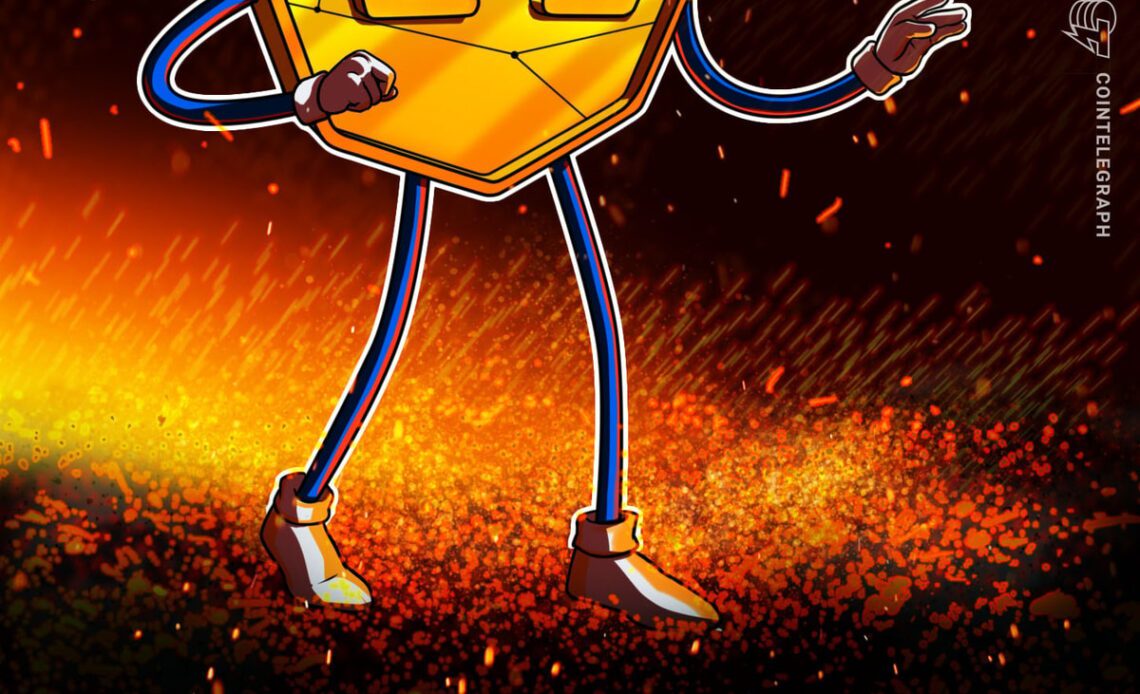In 2021, it seemed as if 10 new Disneys — and the next 20 Picassos — were emerging from blockchain and various nonfungible token (NFT) collections.
Exorbitant NFT values that year signaled strong belief in many projects. But two years later, those “next Disneys” have delivered little. The situation has created significant market frustration and disillusionment among investors and enthusiasts alike.
Project failures are often attributed to founders. Yet, the greed, anxiety, and irrationality prevalent among Web3 participants have also played a substantial role in the ecosystem.
Related: 3 theses that will drive Ethereum and Bitcoin in the next bull market
We’re in a complex environment where even the most skilled and visionary founders find it challenging to navigate the market dynamics. This often leaves a trail of unfinished projects and unfulfilled promises, further eroding trust in the sector.
The detrimental impact of greed
Imagine a party with tickets priced at $100. Someone eager to attend with friends misses the initial sale. Turning to the secondary market, they pay $500 for a ticket.
The likelihood of disappointment is high since the event intended to offer a $100 experience. With a $500 ticket, expectations are inevitably higher, which often means the experience doesn’t match reality.
In the crypto market, this greed-induced frustration is apparent. You can pay 20 Ether (ETH) for an NFT that initially sold for 0.5 ETH, but it is essential to align your expectations with the 0.5 ETH value. (That’s especially true considering how Web3 royalties have declined, a situation that has also prevented founders from obtaining the benefits of high-value secondary sales.)
Place your mental emphasis on the first price you see for an item — instead of taking the full context into account — is known as anchoring bias, where initial information heavily influences later decisions and perceptions. That means buyers view the high price of NFTs they purchase as an “anchor” for their expectations regarding utility leading to a cycle of disappointment.
Anxiety also creates a problem
Developing a quality product takes time. But the market often expects unrealistically quick progress.
That expectation puts immense pressure on builders and founders, who find themselves in a cycle of continual announcements to satisfy the community’s desire for constant stimulation and progress.
In the last cycle, big gaming projects offered one example of this phenomenon. Some…
Click Here to Read the Full Original Article at Cointelegraph.com News…
























